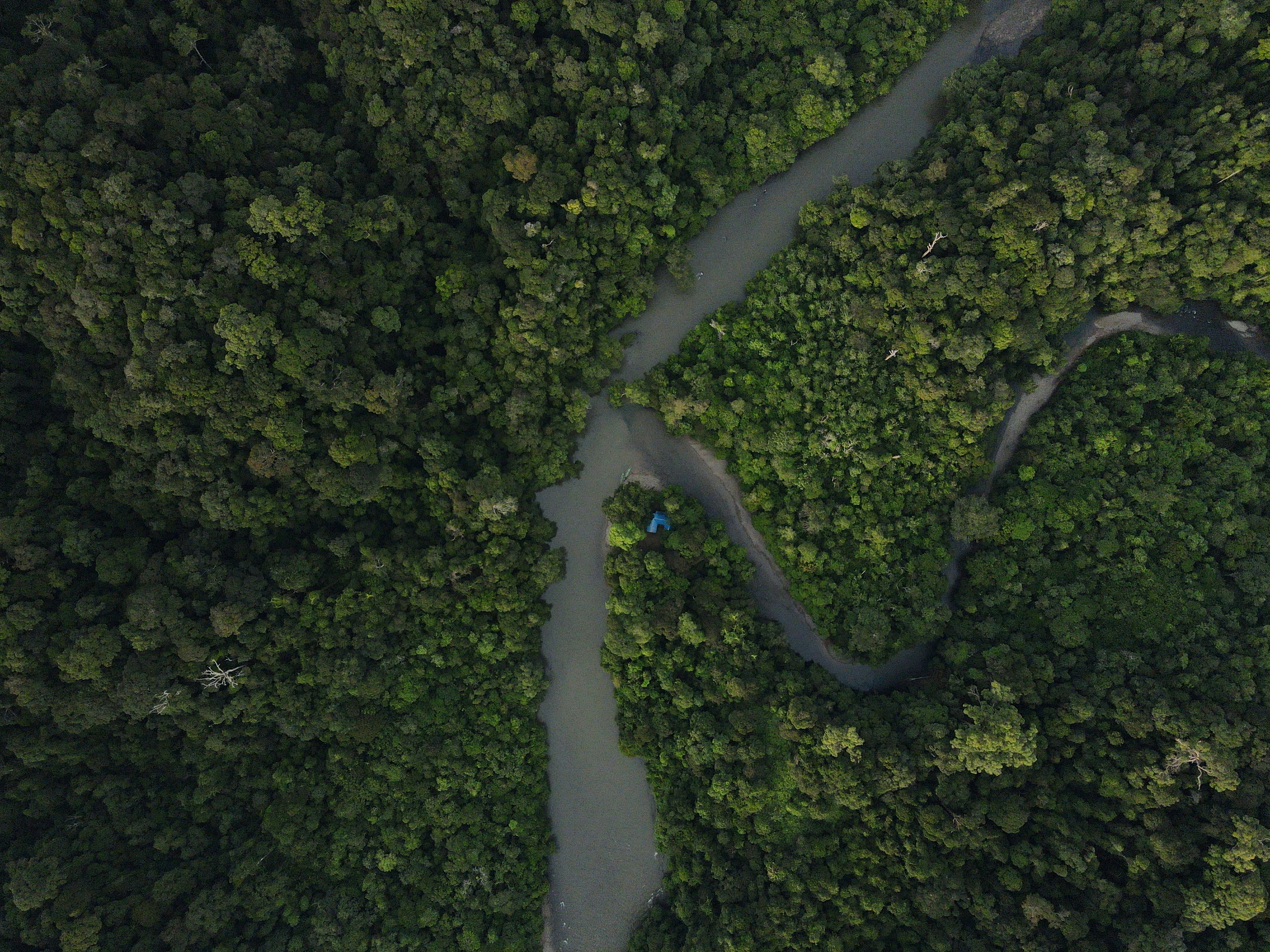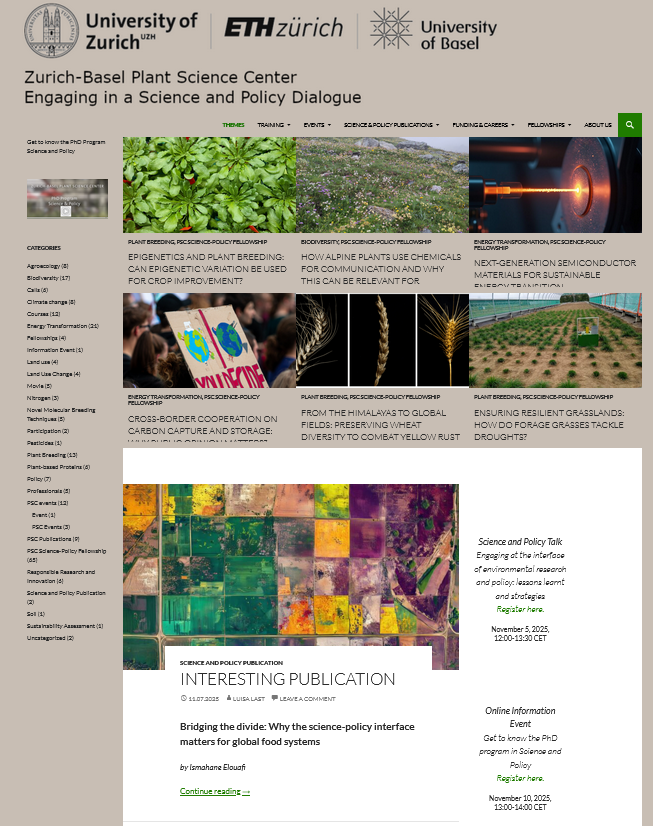Inferring Legacy of Human Activities on Tropical Forest Plant Diversity with Spatial Genetics and Remote Sensing

Fellowship Duration: Jun 2021 – Jan 2025
PhD Student: Nathalia Perez Cardenas (LinkedIn)
Principal Investigator: Prof. Maria J. Santos, Earth System Science, Department of Geography, University of Zurich and Prof. Dr. Meredith Schuman, Spatial Genetics, Departments of Geography and Chemistry, University of Zurich, Switzerland
Project Partner: Dr. Mikey O’Brien, Southeast Asia Rainforest Research Partnership (SEARRP Malaysia)
Research Fields: Ecology, Forest Recovery and Legacy, Human Remote Sensing
Project Description
Mature tropical forests have experienced significant rates of change over the last decades due to human activities. These changes, including substantial declines in biodiversity, are typically evaluated using the assumption that tropical forests were pristine and untouched by humans until very recently. However, a growing body of evidence suggests that long-term legacies from past human activity may also play a crucial role in determining current levels of tropical forest diversity and their ability to cope with ongoing anthropogenic and climatic changes.
The recognition of indigenous past management activities has led to a more complex understanding of human impact on contemporary ecological communities. Management practices of early humans have left a lasting mark on tropical forest ecosystems through a process called human niche construction, when humans modify their living environment, they create new conditions by physically changing factors at its current location in space and time. Legacies in plant communities have been created by early introduction of plant species from elsewhere, fire management and land clearing that sought to promote oligarchic forests dominated by plant species that were highly valued by indigenous communities. This suggests that human niche construction constitutes a link between some present-day patterns of biodiversity and anthropogenic activity in the distant past. Therefore, it is essential to understand these historical legacies in tropical forests, in order to better anticipate future biodiversity responses and develop more effective conservation and restoration strategies.
My PhD project aims to unveil patterns and effects of the legacy of human presence on plant species and traits diversity in Borneo tropical forests. We aim to estimate relative effect of past human activity on forest plant community diversity and the diversity of functional traits of archaeological sites, as well as the surrounding landscape. We predict that such effects occur along a gradient of distance to human settlement. I use a novel combination of archaeological surveys, remote sensing and field data, expecting to detect persistent effects of long-term human presence on species and functional diversity, even if dampened by natural restoration and forest resilience. Recognizing the long-term human shaping of global biodiversity is key to understanding contemporary and future ecosystems and their restoration.
This fellowship is hosted by the Zurich-Basel Plant Science Center.
Activities and Publications
Doctoral thesis (ongoing)
Grants: The UZH Research Committee has selected Nathalia's dissertation project, "Effects of past human activity on plant diversity of modern Bornean rainforests" for financial support through the Candoc Grant 2024, for the year of 2025.
Secondment and Research Stay
During her secondment, Nathalia was participating in the Sabah Biodiversity Experiment for studying the "Impact of Tree Diversity for Restoration" (Link) with South East Asia Rainforest Research Partnership (SEARRP) in Borneo. She participated in the nursery renovation where seedlings germinate and grow. This kind of technical knowledge is highly valuable in restoration projects. She also became familiar with the species that are common and important for the dynamics of the plant communities in the Danum Valley forests. She participated in the planting days where we planted more than 5000 seedlings. Moreover, Nathalia participated in data collection for monitoring projects and the developing on functional diversity maps for the work area of the partnership.
Duration: May - Jun 2023, Nov 2024.
Research stay abroad: Environmental Change Institute (ECI) at Oxford University. Nathalia has established a collaboration for her research publication. For this publication, Nathalia was combining archaeological data with tropical functional traits spatial models to investigate the impact of human management on the functional diversity of forests surrounding ancient settlements. During her time at ECI, she learned about the development of these spatial models and the tools used for that. She has set a specific plan to accomplish her research question. Additionally, Nathalia was invited to participate in the lab meetings where she gained valuable insights to forest research.
Duration: April 2023
Stakeholder Workshop
Planning



